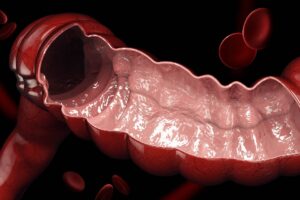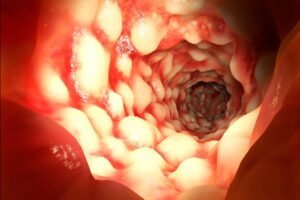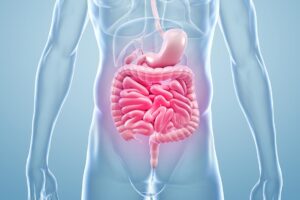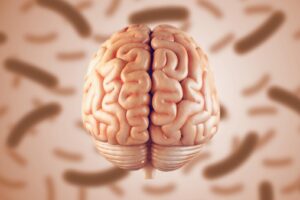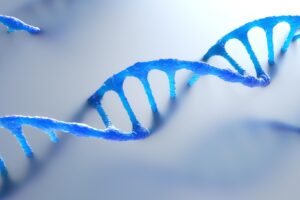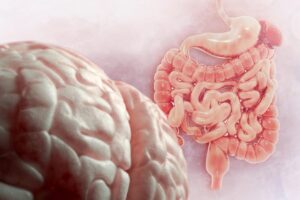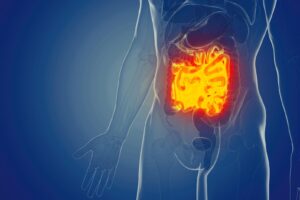Gastroenterology
Gastroenterology
The gut microbiota plays a role in the noncommunicable diseases. Now a theory suggests that these conditions could be transmitted through the gut bacteria.
Gastroenterology
Fat feeding reduces nutrient sensitivity of specific cells in the gut and alters the gut microbiota, a study published in eLife claims.
Gastroenterology
Researchers have found a class of metabolites that can shift the gut microbiota towards an IBD-like composition.
Gastroenterology
Researchers developed an algorithm that revealed dozens of previously unknown compounds in the human gut.
Gastroenterology
The recovery of the gut microbiota after antibiotic treatment depends on the host’s diet and on environmental factors, a study published in Cell Host & Microbes claims.
Gastroenterology
Interesting results on the effectiveness of FMT in IBS and on the effects of diet and drugs on the gut microbiota composition and functionality were presented at the UEG 2019…
Gastroenterology, Neuroscience
John Cryan at the UCC Ireland and his colleagues reviewed the current knowledge of the influence that gut bacteria have on brain and behavior.
Gastroenterology
A study suggests the existence of a link between aging and the gut microbiota. The results may help design probiotic treatments for age-related conditions.
Gastroenterology, Neuroscience
Scientists at KU Leuven summarized existing data on how SCFAs regulate the gut–brain axis, including the impact on the immune, endocrine and neural systems.
Gastroenterology
IBD: a study, published in Nature, for the first time analyzed the chemical and molecular events that disrupt the gut microbiota during flare-ups.

